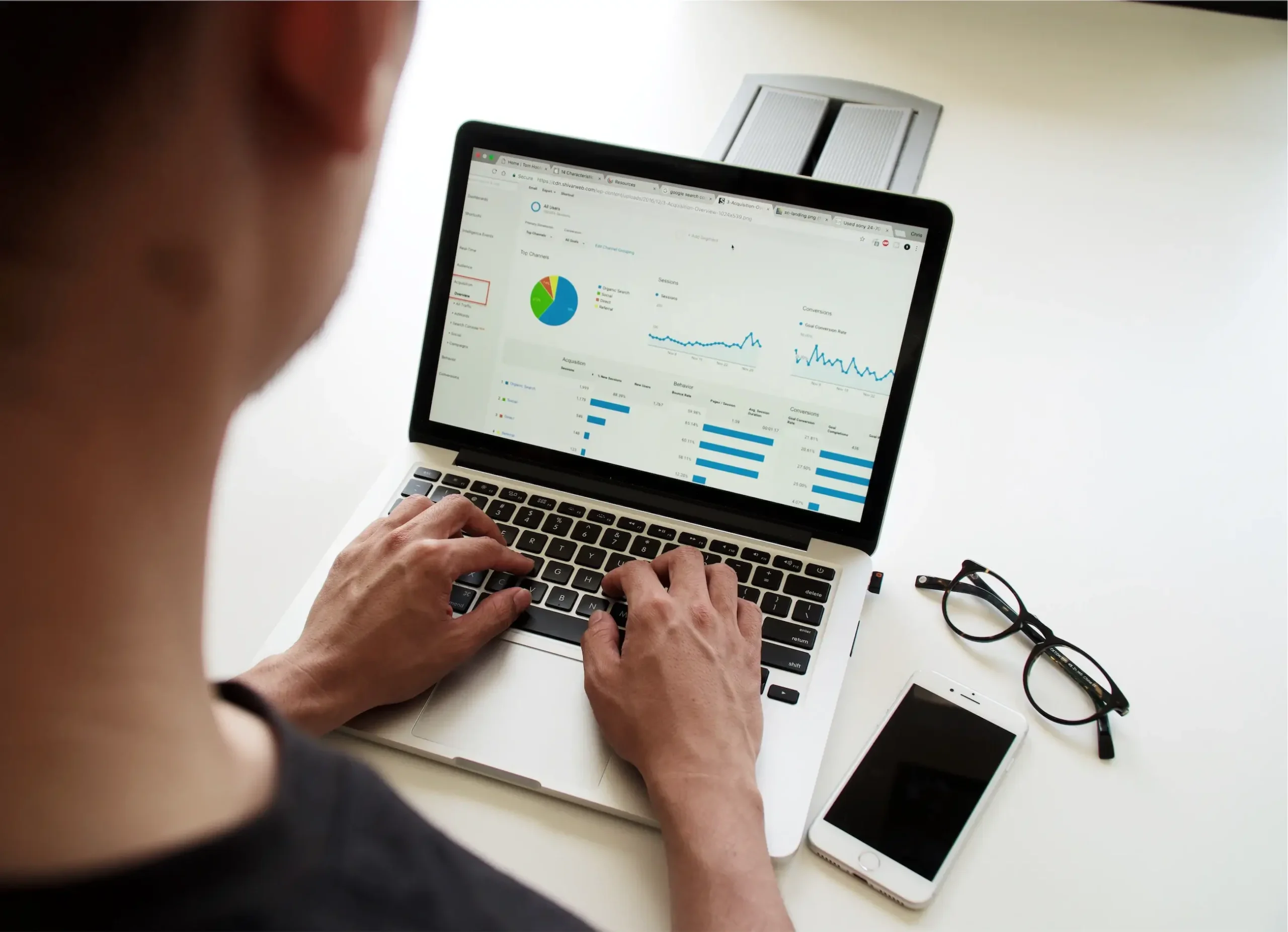Recent Posts
Digital Accounting – Spend less time on paperwork and more time on your business

Our digital accounting services are ideal for small businesses. Being paperless, it is an easier and more efficient way to handle and submit your accounts.
What is Digital Accounting and why you need it
Digital accounting is secure, cloud-based accounting. Cloud-based accounting is where all your accounting records are not stored locally, this allows you to log in anytime, anyplace. Sage, Xero and Free Agent are the software packages we feel offer the best service available. They have an easy to use interface and can be used not just to store accounting records, but to fully service the accounting process. This ranges from producing invoices to more in-depth and technical reports. We can help you choose which suits you and your business the best.
Limited companies
Cloud-based software offers limited companies a full digital service encompassing bookkeeping, year-end, payroll, and management accounts.
With the reports that we can produce from the different digital accounting software’s, we can then offer business consulting and advice. Also as the software is MTD compliant we can file VAT returns with HMRC directly, rather than having to file through an external page within the HMRC website. Also, this enables us to look back at previous returns to see how the business is performing in comparison with previous quarters.
Sole traders
We are here to offer advice and business support for your end-of-year accounts submissions and how to expand your company when the time is right. We can also use the information digital accounting software providers to produce self-assessment tax returns.
Start-up businesses
Starting out in business comes with many hurdles. We are on hand to help you navigate the course and give advice on all areas of financial management, including identifying potential pitfalls and how to avoid them.
Why Manage Your Accounts Digitally – A Guide For Businesses
The move to digital accounting is an attractive prospect for businesses of all sizes. It offers significant cost savings due to subscription-based software packages, increased security and compliance with current legislation, and automates mundane tasks such as invoicing customers or tracking payments. Through the use of digital accounting systems, businesses can enjoy improved efficiency and productivity due to reduced paperwork and easier access to data-sharing facilities. In order to get the most out of digital accounting systems, it is essential that businesses do their research into different providers in order to find the best fit for their needs, set up their chosen system correctly, and verify data accuracy before using any automated processes within the software. By taking these steps, businesses can benefit from a streamlined financial management system that will save them time and money in the long run.
Compliance with financial regulations
Compliance with financial regulations is an essential part of running a business, and digital accounting can help businesses in the UK stay on top of their obligations. Digital accounting offers a secure way to store and manage records, which allows companies to quickly identify any potential non-compliance issues. Additionally, by using digital accounting software, it is possible to automate certain processes such as invoicing customers or tracking payments, ensuring that all necessary steps are taken in line with current legislation.
Digital accounting systems can also be set up with built-in compliance checkers, alerting companies to any irregularities which might otherwise have gone unnoticed. This means businesses can keep on top of their financial records more easily than ever before. The software will also ensure that all data is correctly entered and stored safely and securely in the cloud, giving businesses peace of mind when it comes to their financial record keeping.
In addition to helping companies manage their finances more effectively, digital accounting systems also offer a number of other benefits. For example, they allow businesses to easily create detailed reports and analyses which can be used to make informed decisions. This type of data can be invaluable for business owners looking to understand their current position and improve performance going forward. Furthermore, these systems are often integrated with tax services such as HMRC’s Making Tax Digital system – meaning that VAT returns can be filed directly from the software at the click of a button.
Overall, by using digital accounting systems in line with UK financial regulations, businesses are able to ensure that they remain compliant whilst enjoying a host of additional benefits. These include cost savings due to subscription-based packages; improved security and compliance; increased efficiency and productivity; streamlined financial management; automated processes; detailed reports and analysis; and integration with tax services such as Making Tax Digital – allowing businesses across the UK to enjoy the full range of advantages associated with digital accounting without compromising on financial regulations compliance.
Good Practices for Utilising Digital Accounting Services
- Research Different Providers – Businesses should research different providers to find the best fit for their needs
- Set Up Your Chosen System Correctly – Ensure that all necessary steps are taken when setting up your chosen system in order to maximize its potential
- Verify Data Accuracy Before Automated Processes – Manually check data accuracy before using any automated processes within the software, as this will ensure that all information is correct
- Use Built-in Compliance Checkers – Utilize built-in compliance checkers to alert businesses of any irregularities which might otherwise have gone unnoticed
- Store Data Securely and Safely in the Cloud – Make sure data is securely stored in the cloud, giving businesses peace of mind when it comes to their financial record keeping
- Create Detailed Reports and Analysis – Digital accounting systems allow businesses to create detailed reports and analysis which can be used for informed decisions regarding finances
- Integrate with Tax Services Such as Making Tax Digital – Take advantage of integration with tax services such as HMRC’s Making Tax Digital system, allowing VAT returns to be filed directly from the software at a click of a button
- Adhere To Financial Regulations
Harnessing the Power of Digital Accounting to Grow Your Business
Small businesses can harness the power of digital accounting to help streamline financial management and ensure compliance with UK financial regulations. Digital accounting systems offer a range of advantages that can improve efficiency, reduce costs, and provide detailed reports for informed decision-making. Automated processes such as filing VAT returns directly through the software also save time and money.
Digital accounting systems offer businesses a level of control, flexibility and efficiency that traditional bookkeeping systems simply cannot match. By utilizing digital services, businesses can automate mundane processes such as data entry and billing, enabling them to focus more on other elements of their operations. Additionally, these systems are user-friendly and typically easy to set up, allowing non-technical users to navigate the system with ease.
Digital accounting systems also provide businesses with a range of features that facilitate good practice when it comes to record-keeping and compliance. This includes the ability to store data safely in the cloud – often with encryption-protected backups – helping businesses protect their financial records from cyber attacks. Furthermore, using digital accounting software allows companies to keep track of financial information in real-time – ensuring that everything is up-to-date and accurate at all times.
The automation capabilities offered by digital accounting solutions also help businesses streamline their finances quickly and efficiently. This involves functions such as automated bank reconciliations; automatic generation of invoices; automatic payments; automated updates for credit notes; and digitally signing documents, among others. Using these features helps ensure that errors are minimized while saving time and money on manual tasks.
Furthermore, the integration capabilities of digital accounting software allow businesses to connect easily with other online services such as HMRC’s Making Tax Digital scheme – allowing them to file VAT returns directly from the platform at the click of a button. This significantly reduces paperwork and eliminates tedious manual processes associated with filing tax returns traditionally. Digital accounting also offers reports which can be used for informed decision-making regarding finances – providing clear insights into company performance whenever needed.
Overall, by utilising digital accounting solutions correctly along with UK financial regulations, businesses can enjoy streamlined process efficiencies whilst remaining compliant at all times – providing an ideal environment for success going forward.
Digital accounting software provides businesses with a range of features and advantages that traditional bookkeeping systems simply cannot match. Automating mundane processes such as data entry, billing, and filing VAT returns helps businesses save time and money while also helping them adhere to financial regulations. These solutions offer various benefits, including the ability to store data securely in the cloud, track real-time financial information, automate bank reconciliations, generate invoices automatically, digitally sign documents, process automatic payments and credit notes updates, and connect seamlessly with other online services such as HMRC’s Making Tax Digital scheme for easy filing of tax returns. Digital accounting software also provides detailed reports which allow businesses to make informed decisions regarding their finances. Utilising digital accounting solutions with UK financial regulations can help businesses achieve streamlined efficiencies while remaining compliant – setting them up for success as they continue to grow.
How Cloud-Based Solutions Can Improve Small Business Efficiency
Cloud-based accounting solutions are becoming increasingly popular among small businesses due to their convenience and scalability. One of the key benefits that cloud-based solutions offer is improved efficiency when it comes to managing financial processes. By utilizing cloud-based software, businesses can save time by having access to all of their financial information in real-time from anywhere–both internally and externally. This allows for better collaboration between stakeholders, allowing business owners to track progress quickly and accurately. Another major benefit of cloud-based accounting solutions is the ability to automate mundane tasks such as data entry, invoicing, payments, and credit note updates – helping businesses save both time and money on manual tasks. The automation capabilities also help to ensure the accuracy of data while streamlining processes, allowing business owners to focus more on making decisions that will drive growth. Additionally, cloud-based solutions provide secure storage for financial records with encryption-protected backups which helps protect the data from cyber-attacks. Businesses can also benefit from easy integration with other online services such as HMRC’s Making Tax Digital scheme which allows them to file VAT returns directly from the platform at the click of a button – eliminating tedious manual processes associated with filing tax returns traditionally. Furthermore, digital accounting software provides detailed reports which allow business owners to make informed decisions regarding their finances – giving them a clearer picture of company performance whenever needed. Overall, cloud-based accounting solutions provide small businesses with a range of advantages that traditional bookkeeping systems don’t offer – helping them streamline their processes while staying compliant and protected against cyber threats. By taking advantage of these features correctly along with UK financial regulations, businesses can enjoy improved efficiency while remaining compliant at all times – providing an ideal environment for success going forward
Digital Accountancy: The Future of Financial Management for Startups
Digital accounting software provides start-up companies with a great variety of advantages to help them streamline their processes, reduce costs and remain compliant with UK financial regulations. With cloud-based accounting solutions, start-ups can track real-time financial information from anywhere – both internally and externally – allowing for better collaboration between stakeholders. Automation features eliminate tedious manual tasks such as data entry, invoicing, payments and credit note updates, helping businesses save time and money. Additionally, cloud-based solutions provide secure storage for financial records with encryption-protected backups which helps protect the data from cyber-attacks. Digital accounting software also offers easy integration with other online services such as HMRC’s Making Tax Digital scheme, enabling companies to file their VAT returns directly from the platform at the click of a button. Moreover, digital accounting software provides detailed reports that allow business owners to monitor company performance closely and make informed decisions regarding their finances. By taking advantage of these features in combination with UK financial regulations and good practices, start-up companies can achieve an efficient financial management system that will set them up for success going forward.
Popular solutions such as Xero, Free Agent and Sage provide secure cloud-based storage for financial records, automated features to reduce manual tasks and the ability to connect with other online services. These digital accounting software packages provide detailed reports that allow business owners to monitor company performance closely and make informed decisions regarding their finances. They also offer robust security protocols to protect confidential data from cyber attacks such as two-factor authentication, encrypted data backups and industry-standard encryption techniques. All in all, by taking advantage of these powerful features in combination with UK financial regulations and good practices, UK small businesses can benefit from improved efficiency while staying compliant at all times – providing an ideal environment for success going forward.
The Xero digital accountancy software package offers a comprehensive suite of features to help small businesses manage their finances more effectively. Xero enables users to automate tedious manual processes such as data entry, invoicing and payments, while providing detailed reports to make informed decisions regarding their finances. It also includes a secure cloud-based storage system with encrypted data backups, industry-standard encryption techniques and two-factor authentication to protect confidential financial information from cyber threats. Furthermore, Xero offers easy integration with other online services such as HMRC’s Making Tax Digital scheme, allowing companies to file their VAT returns directly from the platform at the click of a button.
Free Agent is another popular digital accounting software package that provides businesses with an efficient way to manage their financial operations. It enables users to track real-time financial data from anywhere – both internally and externally – allowing for better collaboration between stakeholders. Free Agent automates tedious manual processes associated with bookkeeping tasks such as invoices and payments, helping businesses save time and money. This software also provides an easy-to-use dashboard for tracking cash flow in real-time and detailed reporting tools that enable business owners to make informed decisions about their finances quickly and accurately. Additionally, Free Agent has robust security protocols in place including two-factor authentication and industry-standard encryption techniques to protect confidential financial information from cyber attacks.
Finally, Sage is a cloud-based accounting solution that helps businesses stay compliant with UK financial regulations while streamlining their processes. This digital accountancy software package allows users to easily monitor financial performance by providing detailed reports on income statements and balance sheets whenever needed. Sage also offers automated features such as VAT filing which eliminates tedious manual processes associated with filing tax returns traditionally. Additionally, it has advanced security protocols in place including two-factor authentication and encrypted backups which help protect confidential data from cyber threats.
Thompson Balch accountants provide a comprehensive suite of services for small businesses in the UK. They offer tailored advice and support to help companies manage their finances more effectively, as well as streamline bookkeeping processes with digital accounting software packages such as Xero, Free Agent and Sage. Thompson Balch provides clients with ongoing assistance on compliance issues related to financial regulations, as well as guidance on implementing good practices when it comes to managing accounts digitally. Their team of experienced professionals are highly knowledgeable in the area and has extensive experience advising small businesses – making them an ideal partner for anyone looking to get the most out of their digital accounts.
What’s more, Thompson Balch offers a range of services specifically designed to help businesses make the transition from traditional accounting methods to digital solutions. They provide setup and training on digital platforms, as well as consultation and support with compliance issues related to financial regulations. This makes them an ideal partner for small businesses that are looking to reap the many benefits that come with managing accounts digitally.
By employing Thompson Balch accountants, businesses can expect to benefit from a comprehensive suite of services that will help them get the most out of their accounts in a secure and efficient manner. The team is highly knowledgeable in the area and has years of experience advising small business owners – making them an ideal partner for anyone looking to take advantage of modern digital.



